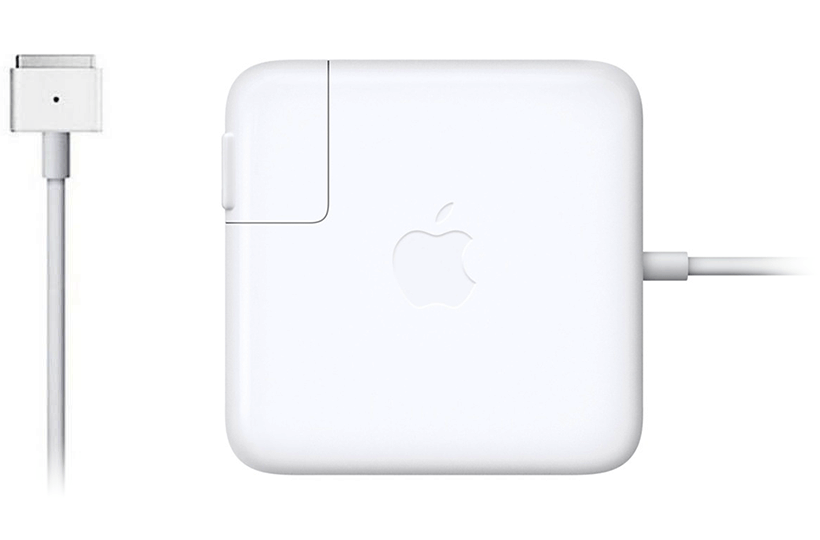
Insignia™ 65W Dual Port USB-C Compact Wall Charger for MacBook Pro, MacBook Air, and most USB-C Laptops White NS-PW365C2W22 - Best Buy

Amazon.com: USB C Fast Charger for New MacBook Air 13 inch 2020/2019 2018, 45W USB C Power Adapter for iPad Pro 12.9 Gen 4/3,Galaxy S20 Ultra / S20+, PPS Supported Samsung Fast

Amazon.com: nonda Adaptador USB C a USB (paquete de 2), USB-C hembra a USB macho, USB tipo C hembra a USB OTG adaptador para MacBook Pro 2015/2013, MacBook Air 2017/2015, laptops, cargadores

IFEART Cargador USB C 67W Compatible con MacBook Pro 13/14/ 15/16 Pulgadas, MacBook Air 2020/2019/ 2018, iPad Pro 12,9/11 Pulgadas, HP, Lenovo, Cargador Rápido, Cable USB C a C de 2M, LED : Amazon.es: Informática

Usb 2.0 de 10 puertos usb cargador con luz led para apple macbook air laptop tablet pc/teléfono móvil/banco de la energía|10 port usb charger|usb chargerport usb charger - AliExpress

💰Comprar 65W GaN Charger Quick Charge 4.0 3.0 Type C PD USB Charger Fast Charging USB-C For Switch MacBook Air iPad Pro Samsung Note barato al mejor precio en la tienda en

USB-C a Magsate 2 Cable de Adaptador de Corriente de Punta T para Macbook Pro / MacBook Air | Gearbest España

Conector adaptador de corriente de CC para Macbook Air Pro, adaptador de enchufe magnético USB tipo C para Magsaf * 1/2, 5,5x2,1mm, conector hembra de alimentación de CC|Conectores y cables de ordenador| -

















/cdn.vox-cdn.com/uploads/chorus_asset/file/23610721/applecharger.jpeg)

